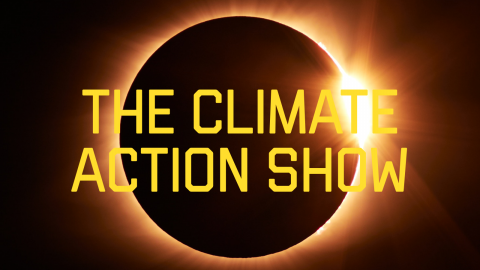LOW CARBON WITH LOVE from W.A, Canada and India
Monday 26th March 2018
Three inspiring stories about lowering our carbon footprint.
Frances Jones and her partner manage half a million hectares in W.A.
Destocking gave them a chance to slowly restore the land and sequester carbon. Wetlands came to life, perennial grasses came back and feral numbers went down. They featured on AUSTRALIAN STORY TV and came to SLF to join the growing number of regenerative farmers on the front foot with climate change.
Destocking gave them a chance to slowly restore the land and sequester carbon. Wetlands came to life, perennial grasses came back and feral numbers went down. They featured on AUSTRALIAN STORY TV and came to SLF to join the growing number of regenerative farmers on the front foot with climate change.
Michael Ableman sat down by the Yarra with Vivien to talk about growing tonnes of food in Vancouver’s Skid Row. He said it was crazy that so few people are involved in growing our food.”We’re suffering a crisis of participation not a food crisis”.
He thinks the farmers of the future will be first skilled in sequestering carbon and sponging up rain fall as the climate becomes more unpredictable. His book is called STREET FARM, GROWING FOOD, JOBS AND HOPE ON THE URBAN FRONTIER. You can find out more at SOLE FOODS.
Tom Delaney is co author of LOW CARBON AND LOVING IT. Before returning to India he told Vivien how living a life of voluntary simplicity had liberated him. The average carbon footprint of Australians is 23 tonnes per person each year.In India it is 2 tonnes. Climate change has made him think deeply about convincing his fellow Australians to start shedding the CO2 involved in their transport, their food and the things they buy. This book is ideal for a study group and if you are interested in joining one in April contact us at : radioteam@bze.org.au

